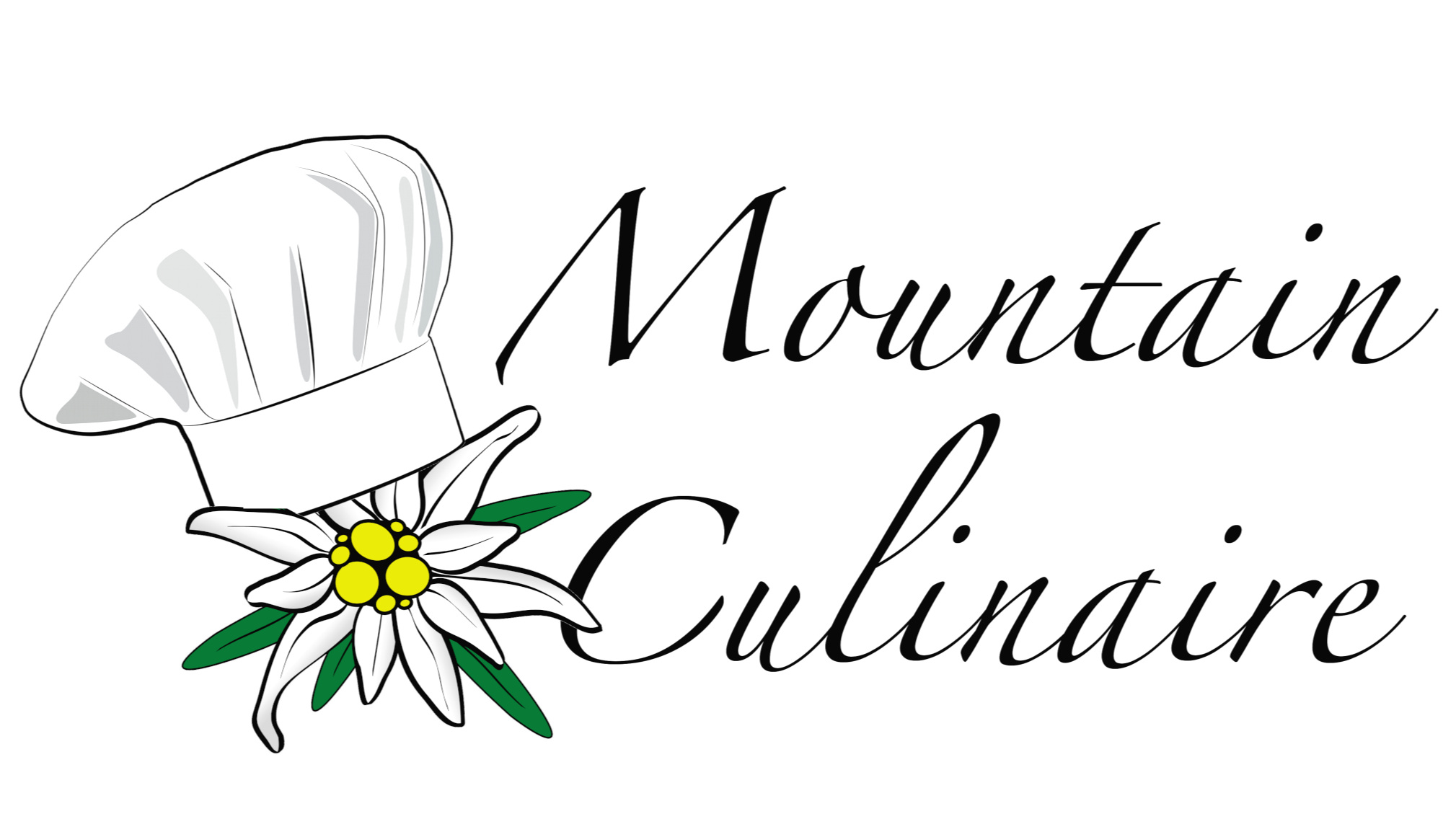Real Food vs. The French Diet
Are we critical of food or celebratory with food? Do we see our diet as a chore or as a cultural expression? Honestly, I still have to check in with this in my own mind. I have a desire to eat healthfully, and since it can take quite a bit of effort to procure quality foods in the United States {choosing from among the multitude of choices}, it can be easy to slip toward the mindset that food is a lot of work.
In reading about both traditional “Real Food” diets and about French cuisine (as well as being in France), I’ve gotten an impression of a potential contrast between the two approaches. Here’s a list of some of them, and I’ve used somewhat overstated stereotypes in order to show a distinction.
First, here are some definitions. By followers of “Real Food” philosophy, I mean those who want to go back to sourcing and cooking the most traditional, nutrient dense forms of every kind of ingredient in our meals. By “French,” I’m speaking of those who have lived in France and still follow this customary way of preparing food–as well as anyone else who seeks to emulate French cuisine in their eating style.
Real Food vs. The French Diet
What they eat:
Real-foodists have come up with a plethora of allergen-free and immune-boosting diets that restrict certain foods or require a very specific preparation of them—whether for a duration of time or for life. The French eat pretty much everything that has ever been thought of as food, and enjoy it gratefully in moderation.
What about grains:
Real-foodists like to have grains soaked, whole, gluten-free, or often no grains at all. The French eat expertly-made wheat breads and pastries, from shops who specialize in their creation.
Where it’s from:
Real-foodists like to extend effort to find foods that are regionally-grown or conscientiously-produced—though that is not often the least expensive when we are surrounded by supermarkets. The French cuisine is historically and naturally furnished by the foods grown in each region—inherently seasonal and local because it tastes the best and that’s the culture, and it’s readily available.
Attitude about eating:
Real-foodists can seem somewhat cautious in their ideology–talking about the things they can’t eat. The French seem to have a knack for approaching food with pleasure, joy, love, and conviviality.
View of food:
It can be often heard in the company of real-foodists that nutritious food is “so expensive.” Time is spent looking for discounts, yet not for the least expensive food, since that’s usually of little nutritional value. The French spend more of their paycheck on food than Americans do, but tend to view food as something abundant, with the choice of it being a noble privilege to be carried out with flair.
Time spent on meals:
Real-foodists talk about the time spent on preparing homemade ingredients and meals–and accordingly the dishes to wash. But the French cherish the time spent working on a meal, and love to linger for hours over it.
Presentation of food:
Real-foodists sometimes give the impression that nutrition and sometimes flavor are the most important things about food, neglecting appearance in lieu of bland, monotone blog pictures. But in France, from home cooks all the way to restaurant chefs, food is often beautifully arranged and garnished, and served with attention to detail and appeal.
Macronutrients emphasized:
Real-foodists like to bandy about the virtues of enough good fats and quality meats, in order to counteract vegetarianism or the standard American diet which is full of processed foods. French cuisine naturally incorporates a wide range of nutrients from a large variety of foods–and balances well carbohydrates, proteins, and good fats.
Place for desserts:
In a real-food diet, sugar is minimized or eliminated, or alternative types of sweeteners are encouraged, such as coconut sugar or stevia. In the French diet, desserts are rich but not overly sweet, and served in small portions as a small and tasty finale to dinner.
Overall conclusion:
Real-foodists can seem to be “against” so many of the unhealthy, toxic foods that certainly surround us and vie for our attention. The French seem to be good at being “for” all whole foods, and relishing the art and science of making excellent dishes with careful techniques.
I agree with a lot of both perspectives, actually, since in America and surrounded by processed food, we’ve needed the type of strong approach that “Real Food” eating provides. However, we can learn a lot from the French way of doing things; we could learn to have more joy and a more abundant mindset about our food.
What I used to learn primarily from books and memories of Europe, I now have the privilege of learning directly from a few family members in France and from France, and look forward to my education continuing in this vein.
{Some of the books I have appreciated are the following: My Life in France by Julia Child, French Kids Eat Everything by Karen Le Billon, and Eat with Joy by Rachel Marie Stone.}
